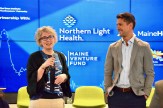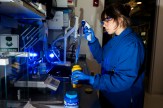She’s building better bones while encouraging diversity in science
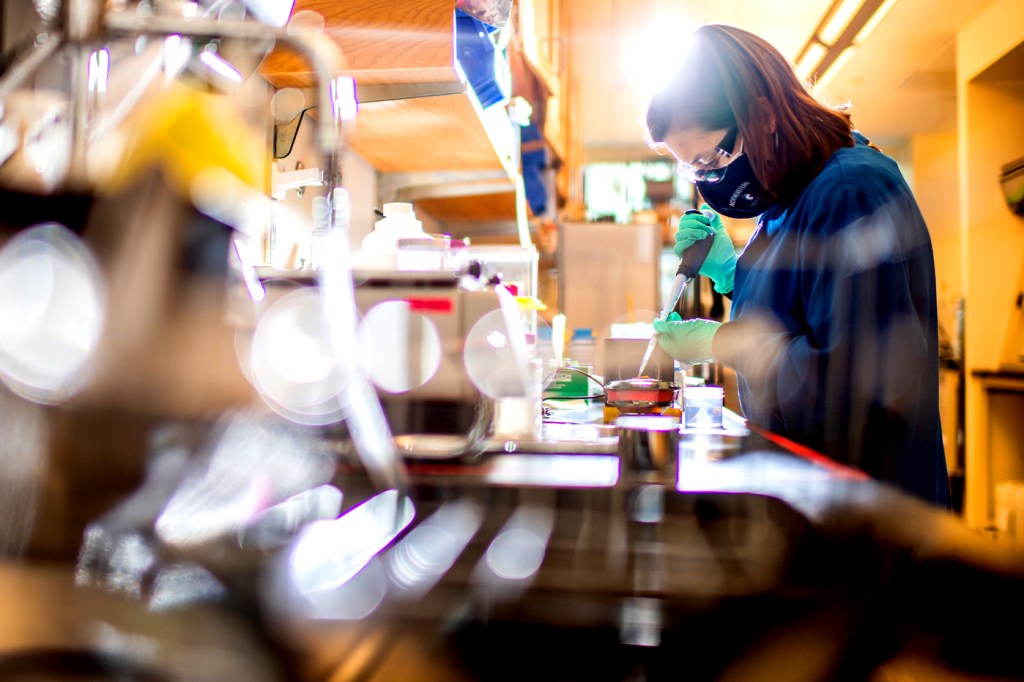
Bone is the second-most commonly transplanted tissue, and yet current bone graft procedures come with significant drawbacks. One option is to take bone from another part of the patient’s body, which can be painful. Another method is to harvest bone from a donor or cadaver, but this comes with risk of disease transmission.
Morgan Pfaff, who graduated this year with a degree in biochemistry, is developing a better solution. Working at the Directed Assembly of Particles & Suspensions Lab at Northeastern, Pfaff focuses her research on creating a synthetic material for bone graft applications. The material is known as dual network hydrogel. It contains tiny rods made of hydroxyapatite, which is a component of natural bone, making the hydrogel ideal for bone grafting.
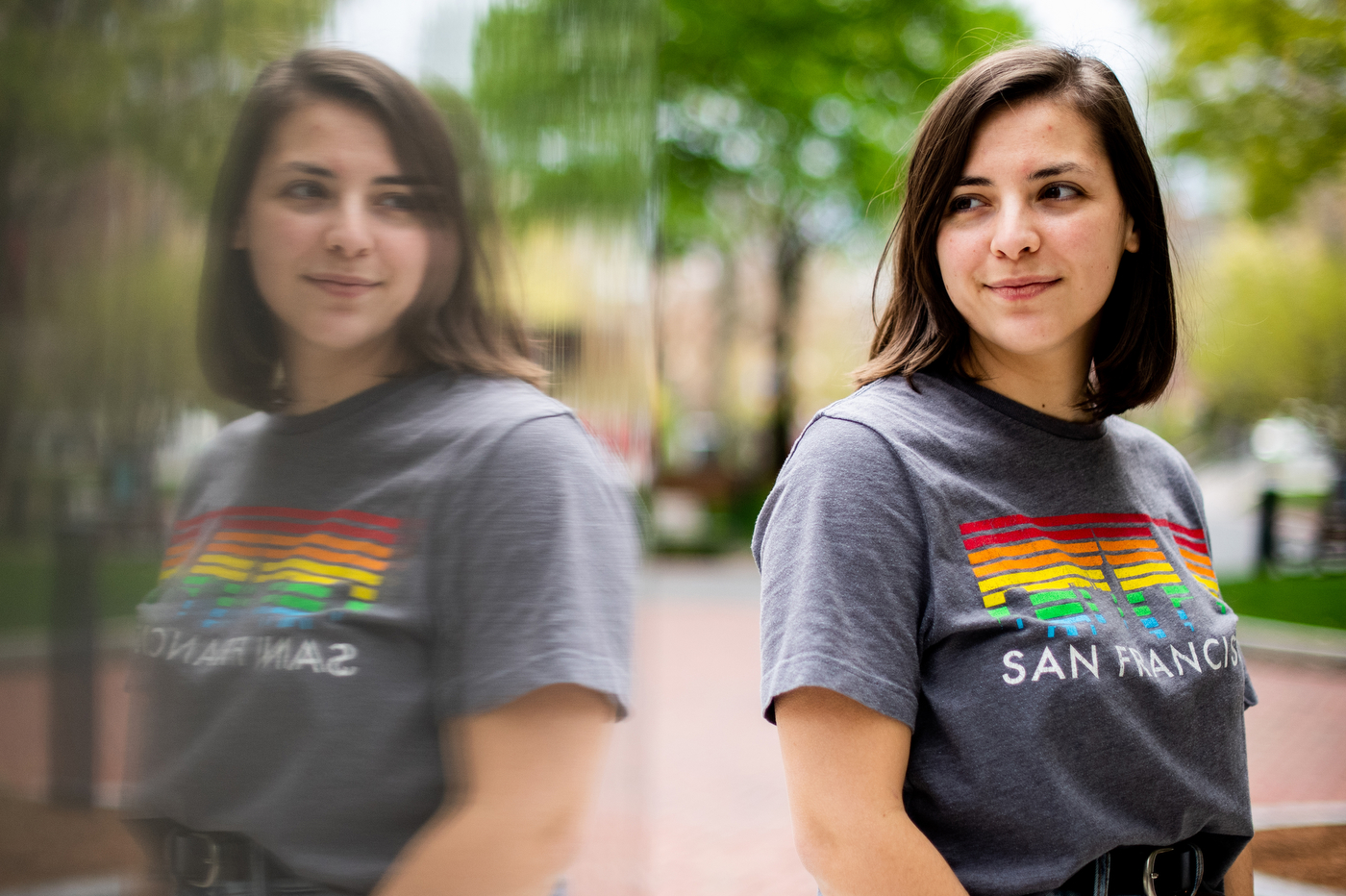
Morgan Pfaff. Photo by Matthew Modoono/Northeastern University
“We want this material to be something like a scaffold so your own native bone can regrow into it,” Pfaff says. She has worked at the lab for the past five years under the mentorship of Randall Erb, associate professor of mechanical and industrial engineering at Northeastern, and Jessica Faust, a post-doctoral researcher at Northeastern in the Mechanical and Industrial Engineering department.
Pfaff was recently awarded a 2021 National Science Foundation Graduate Research Fellowship, which provides up to $138,000 in combined tuition and stipend funding for graduate school. She will be joining a doctoral program at the University of California, Berkeley in the fall where she’ll continue her work in tissue engineering. Ultimately, she hopes to apply her research to the clinic and test whether the hydrogel can support bone cell growth in human patients.
“There are so many applications for tissue engineering and regenerative medicine,” Pfaff says. “It would be so cool if we could help people regrow their own tissues and regain function and quality of life.”
The fellowship is meant to encourage underrepresented groups to pursue careers in science. Pfaff says that as a Jewish woman and a member of the LGBTQ+ community, she’s passionate about the importance of representation. She completed two co-ops at pharmaceutical companies with female chief executive officers—Editas Medicine and Vertex Pharmaceuticals. Pfaff says she felt fortunate to have these examples but acknowledged that they seemed to be exceptions to the rule.
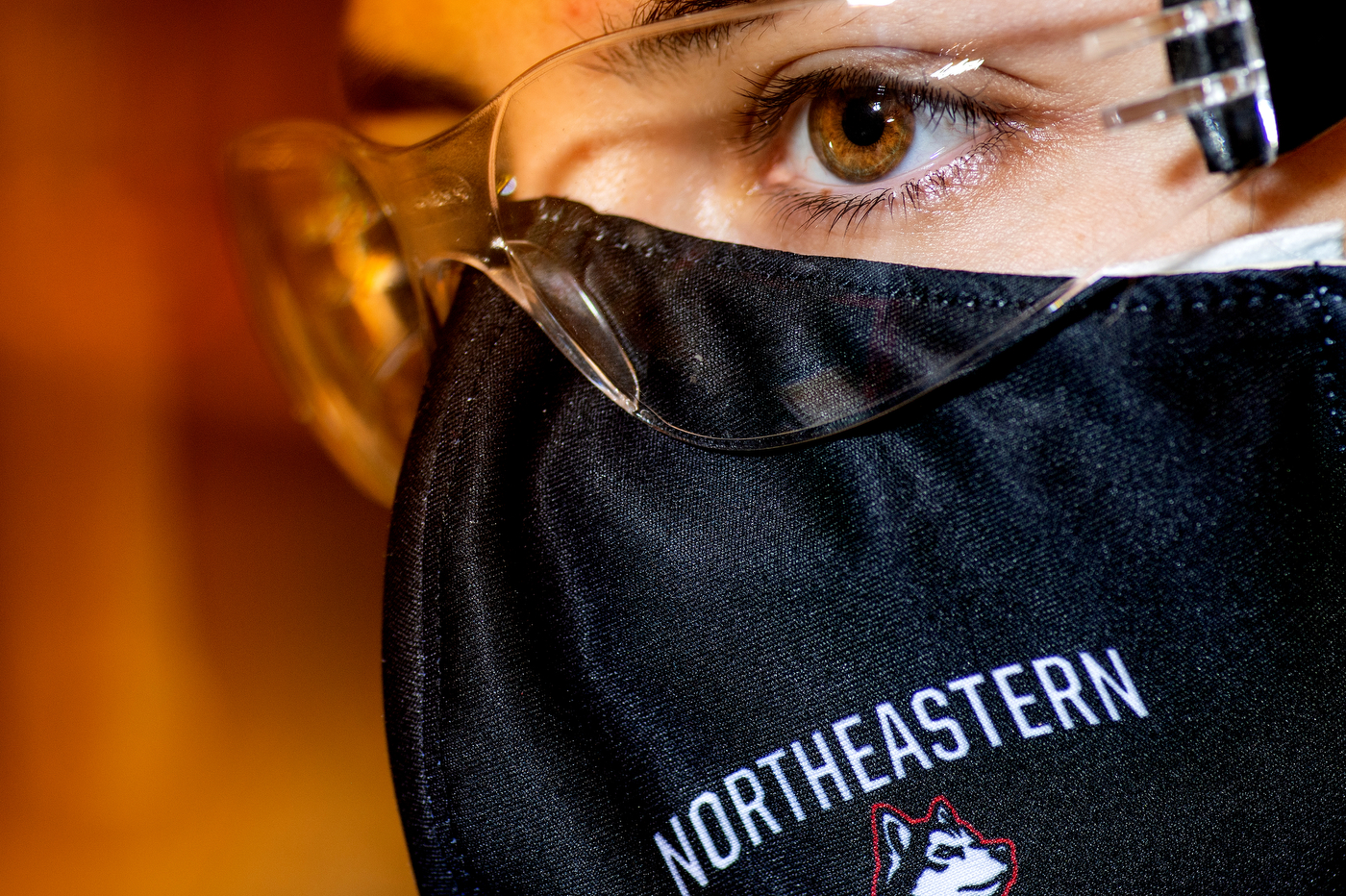
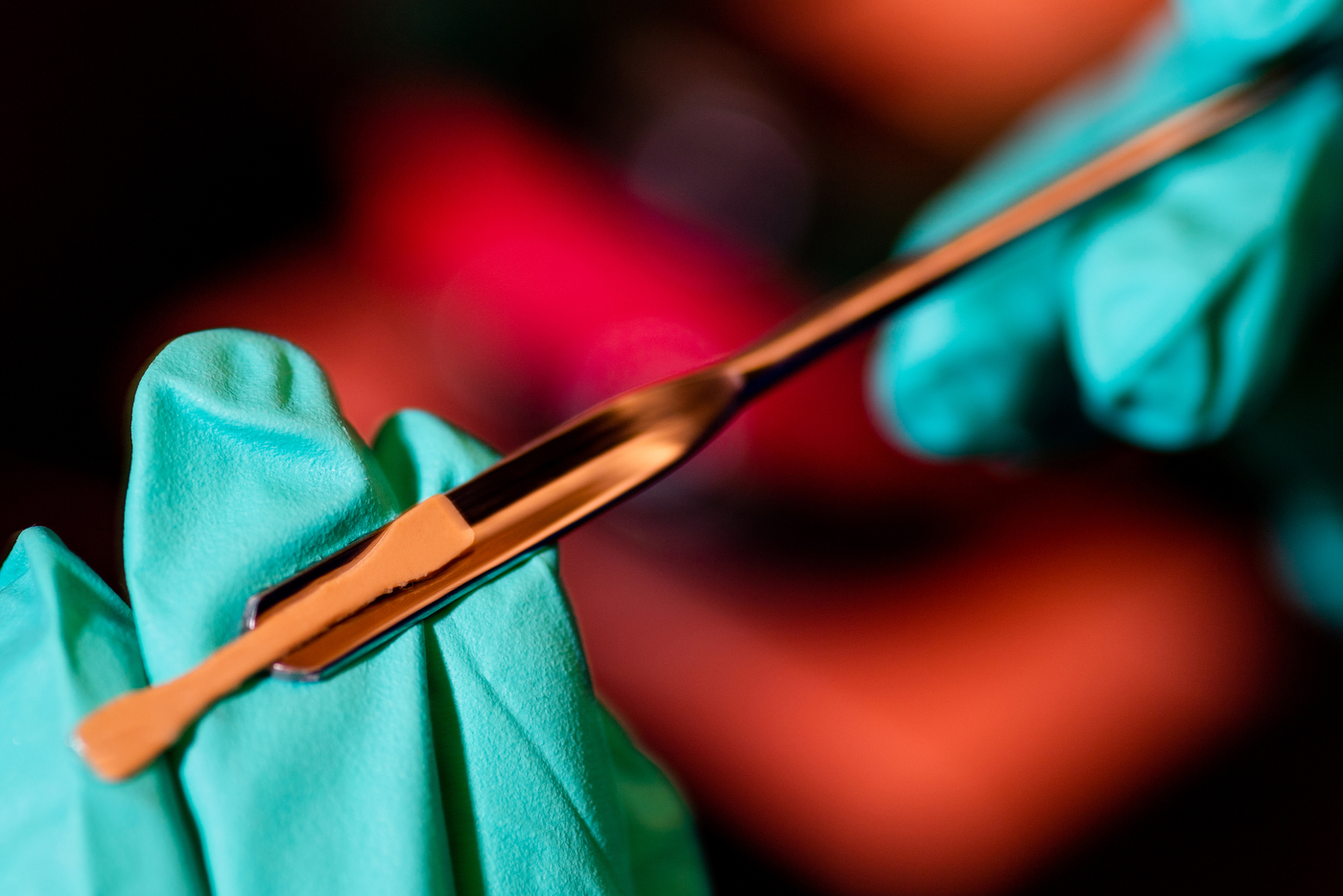
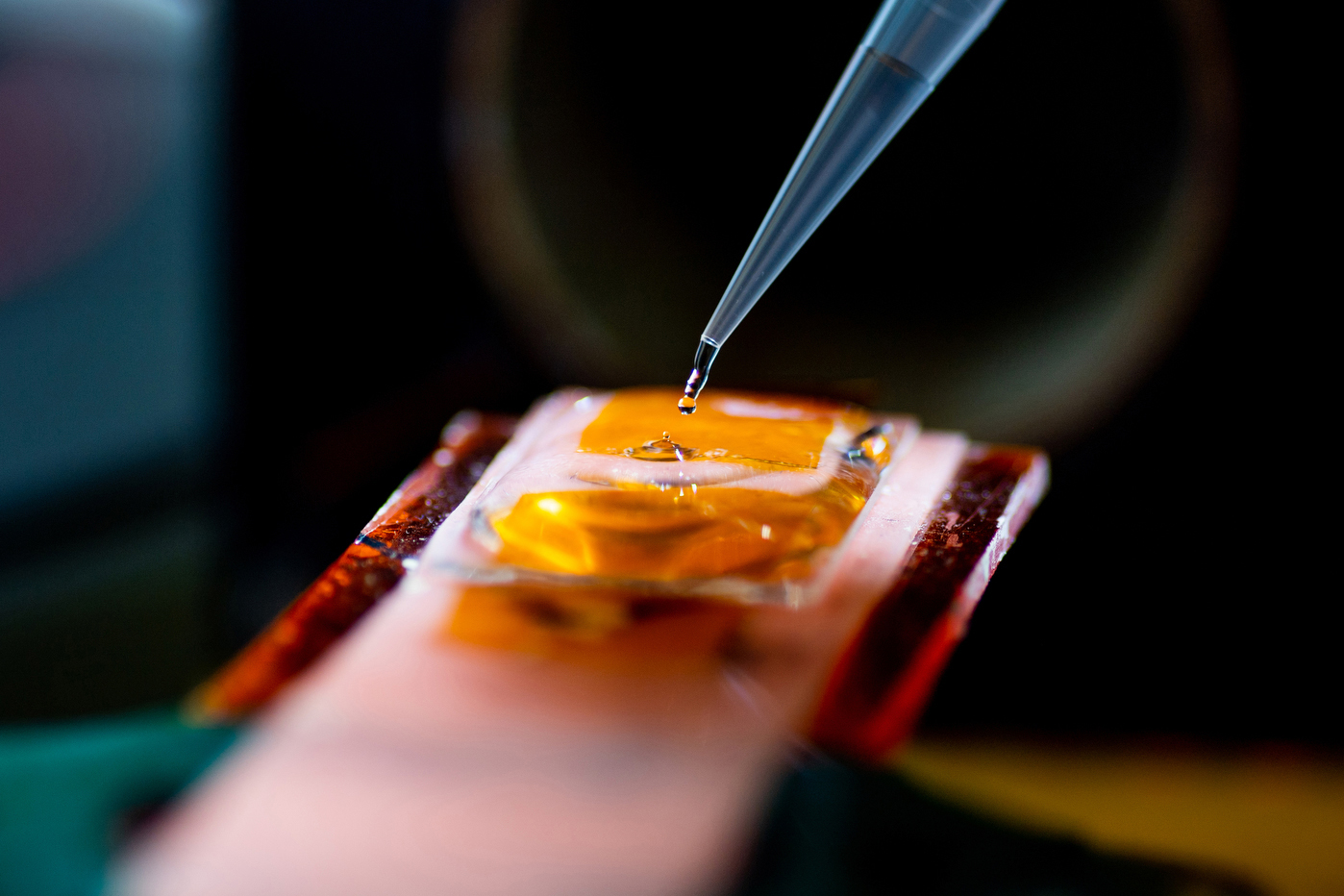
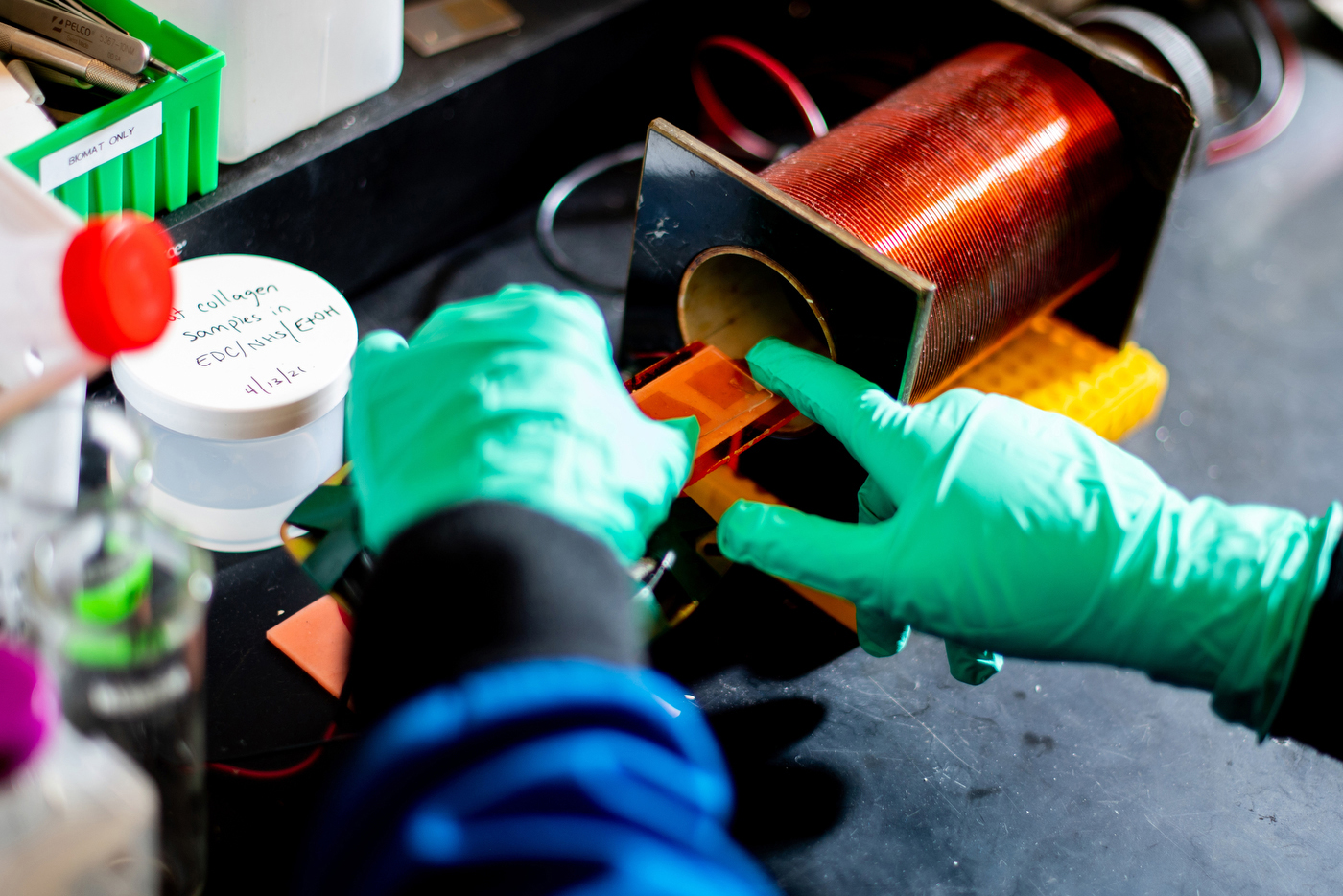
“I’ve noticed that in the higher levels of science, like executive boards at companies, the keynote speakers at a lot of conferences, and the most prominent professors in a lot of fields are male,” Pfaff says, adding that this trend is especially true in her field, materials science. “My first co-op at Editas was the first time I saw a woman in a leadership position like that. I remember going into co-op and thinking, ‘I want to be that person. I want to work in industry, be the CEO of a company, and be that representation for other women aspiring to be in science.’”
Pfaff says she wants to encourage other members of underrepresented communities in science to be open about their identities. During her graduate school interviews, Pfaff was committed to being herself in all capacities.
“I didn’t want to be part of a community that didn’t want me for who I am entirely, not just for my brains and for wanting to do science—but for me as a human being,” Pfaff says.
For media inquiries, please contact media@northeastern.edu.
